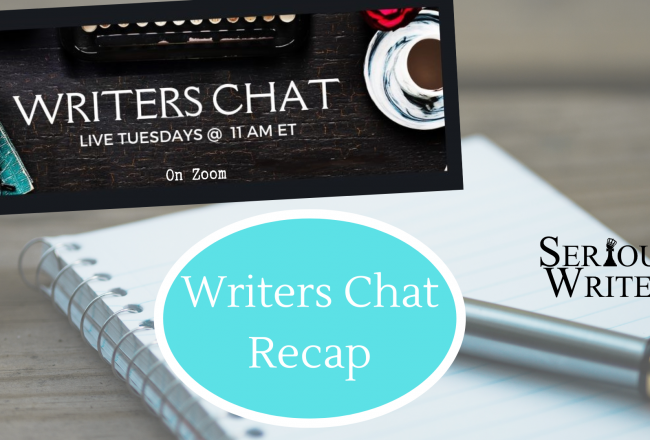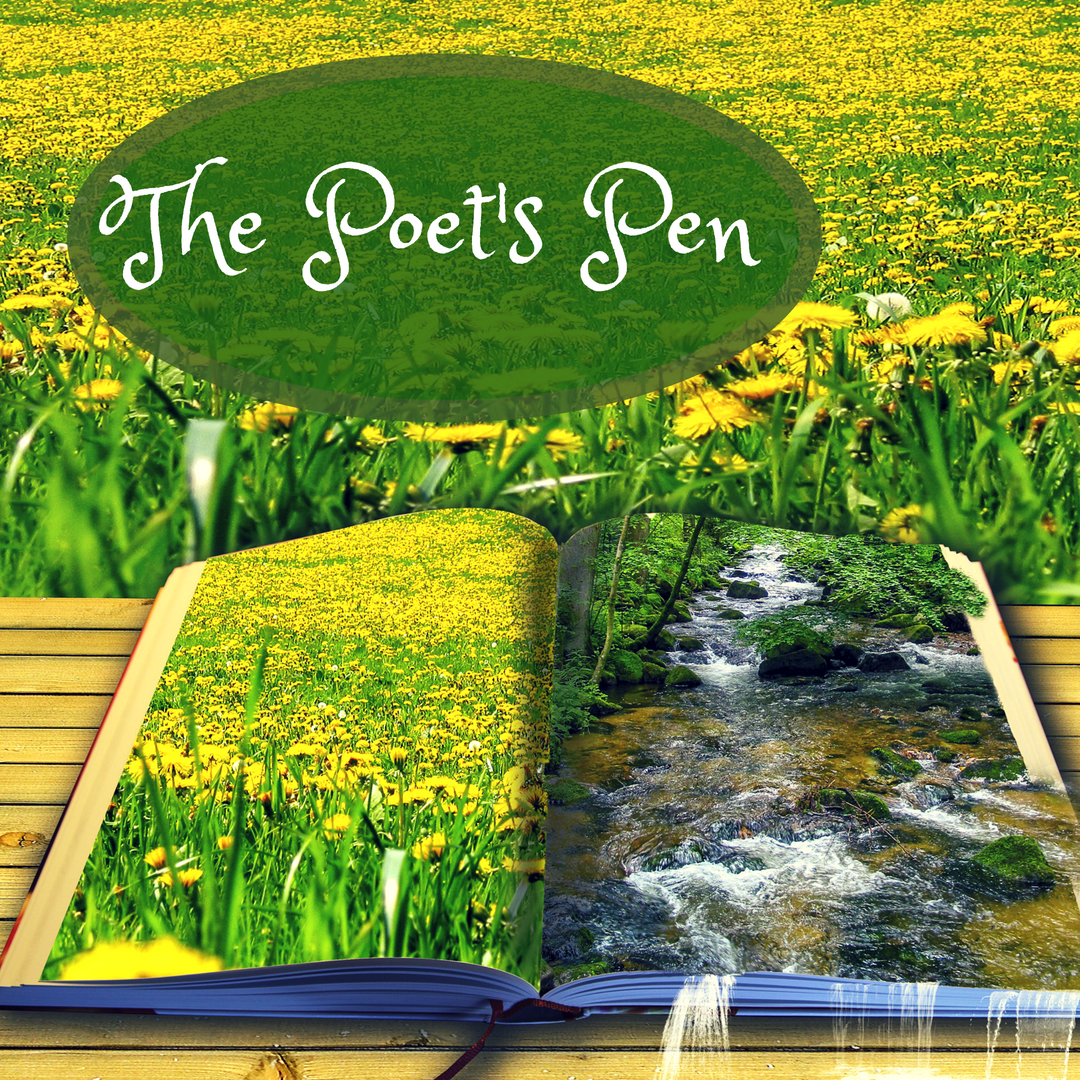
Just for Christmas
Do you have a favorite Christmas poem? I’ve always liked “Twas the Night Before Christmas.” I hope Mr. Moore…
December 13, 2018
Do you have a favorite Christmas poem? I’ve always liked “Twas the Night Before Christmas.” I hope Mr. Moore…
December 13, 2018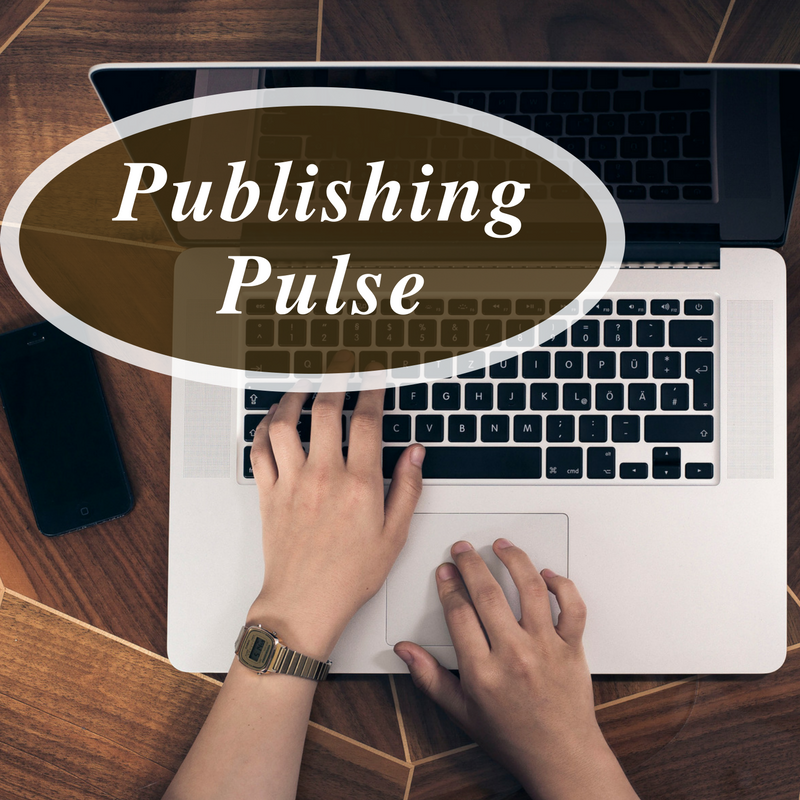
I don’t think many authors have a clue about how rugged the economic terrain is for the average publishing…
December 12, 2018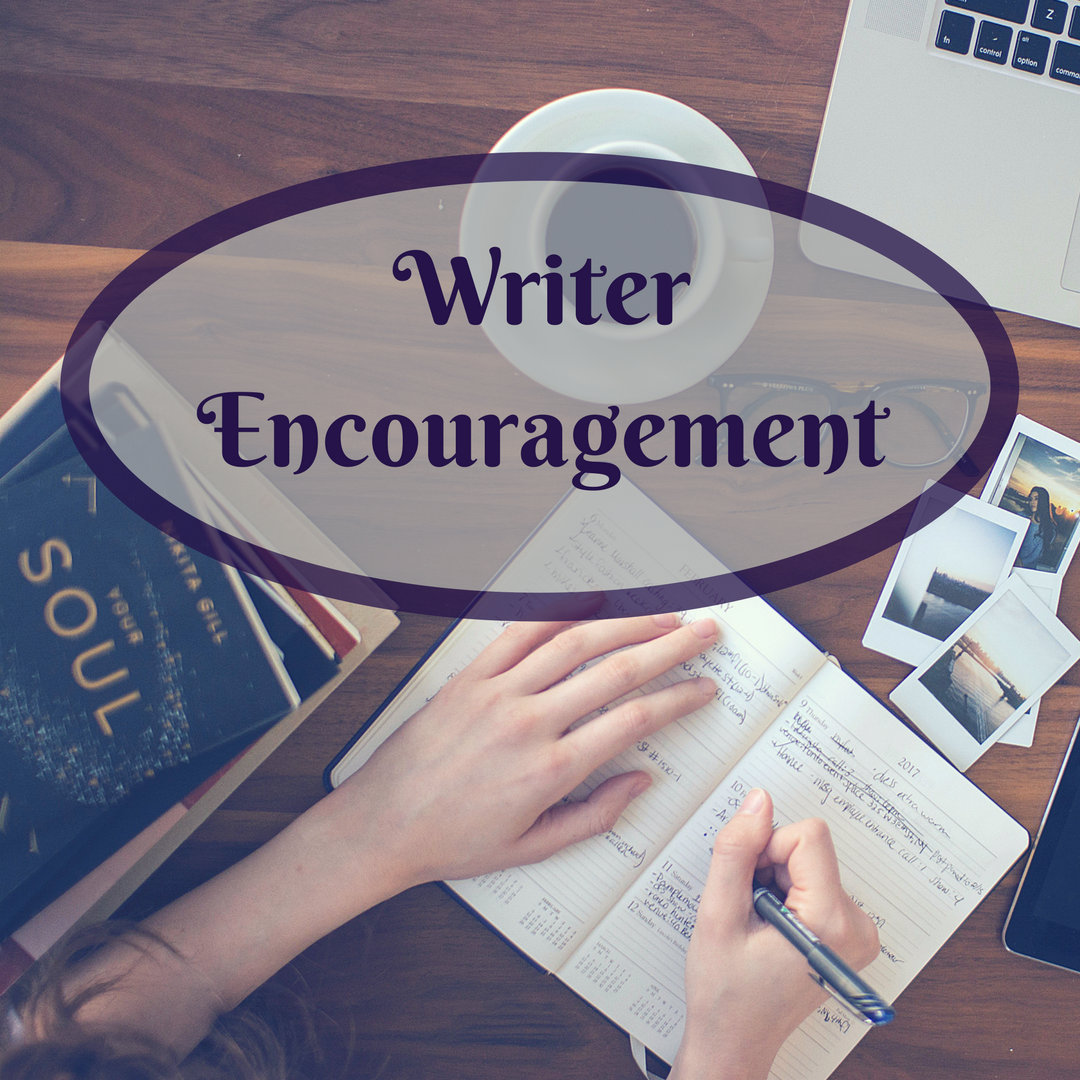
It was 2013 and I’d become desperate to find a critique group. Most successful writers I knew had at…
December 11, 2018
Living with a disability is never an easy thing, but there are times when it is more difficult than…
December 9, 2018
Remember that old saying, You are what you eat? Just as the food we consume affects the overall health…
December 8, 2018
Historical fantasy is a genre growing in popularity. Many famous historical figures have earned themselves a retelling of their…
December 7, 2018
The other day in my Interpersonal Communication class, we talked about “acoustic space,” which is the distance your voice…
December 6, 2018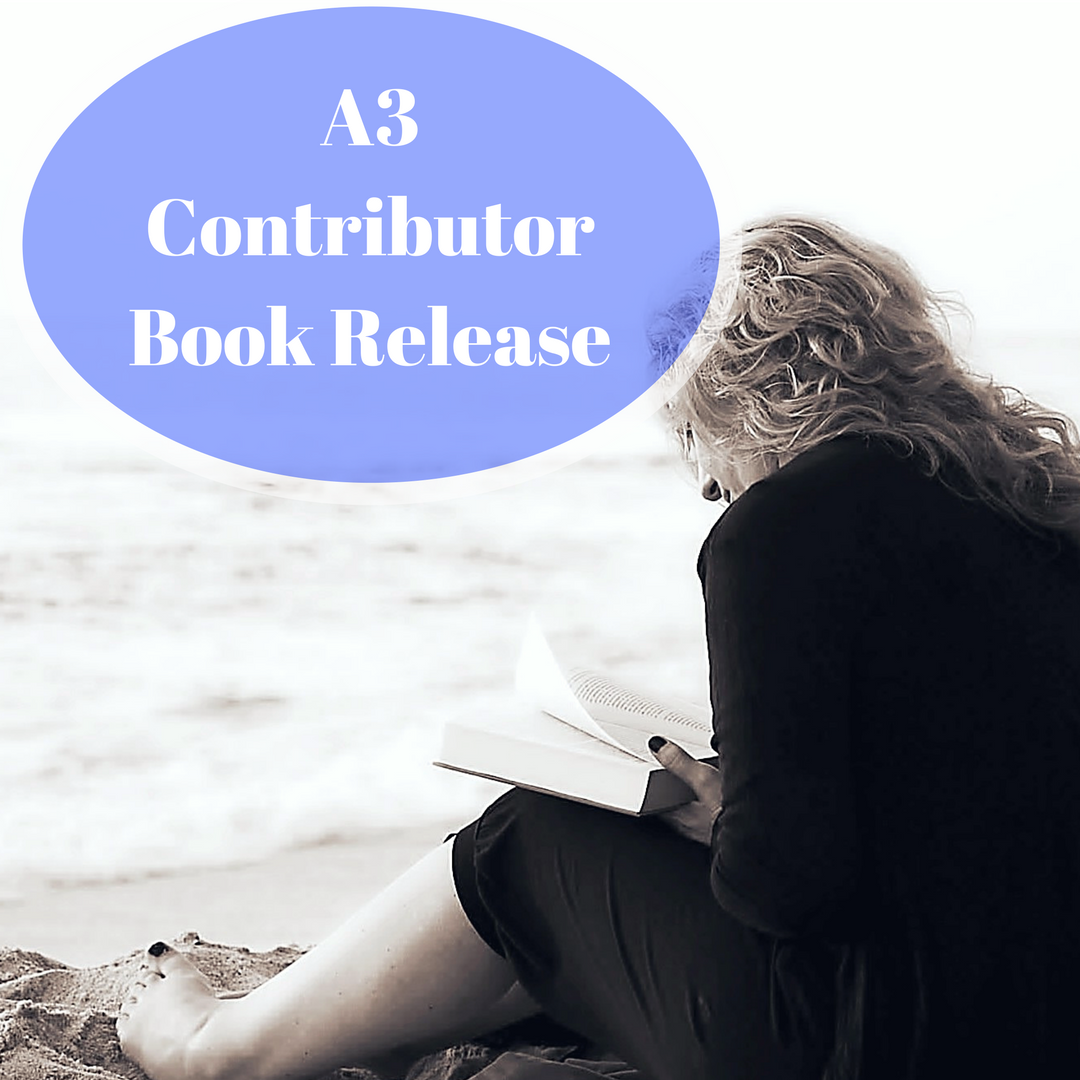
Hot off the Press! Rose’s Redemption, by A3 Managing Editor Donna L.H. Smith, is now available on Amazon. Donna…
December 5, 2018
Recently a fellow aspiring screenwriter reached out to me on social media. She was having problems with figuring out…
December 4, 2018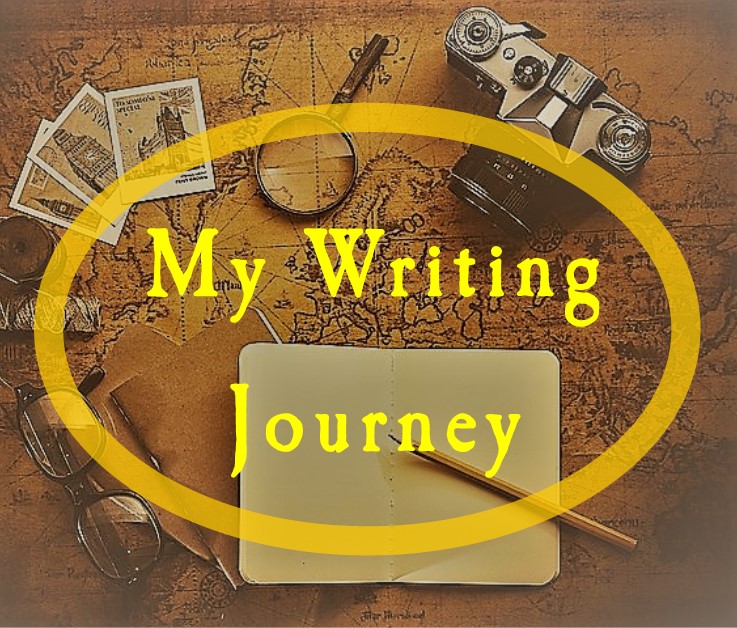
Once upon a time I was a frazzled mom of toddlers paging through a parenting magazine in a brief…
December 3, 2018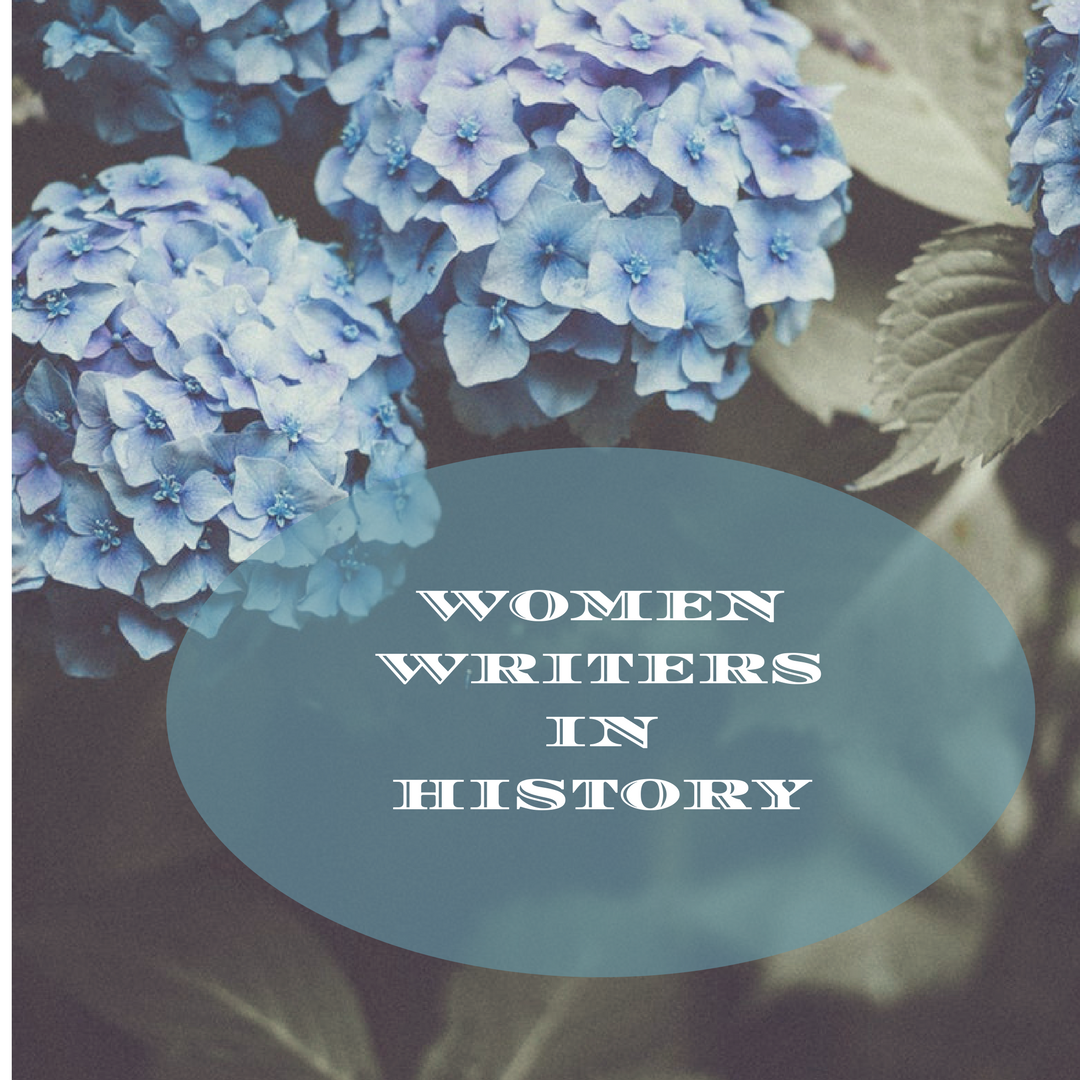
I’ve decked the halls at the Ross Ranch with all manner of Christmas splendors, adorning trees and every random…
December 2, 2018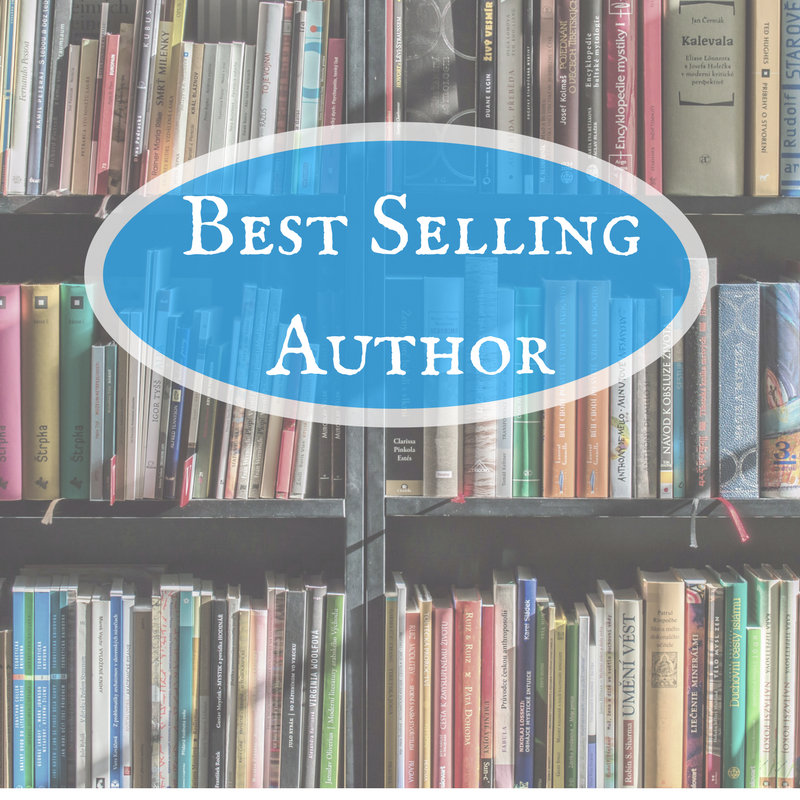
Can you share a little about your recent book? My latest release is a novella collection called The Christmas…
December 1, 2018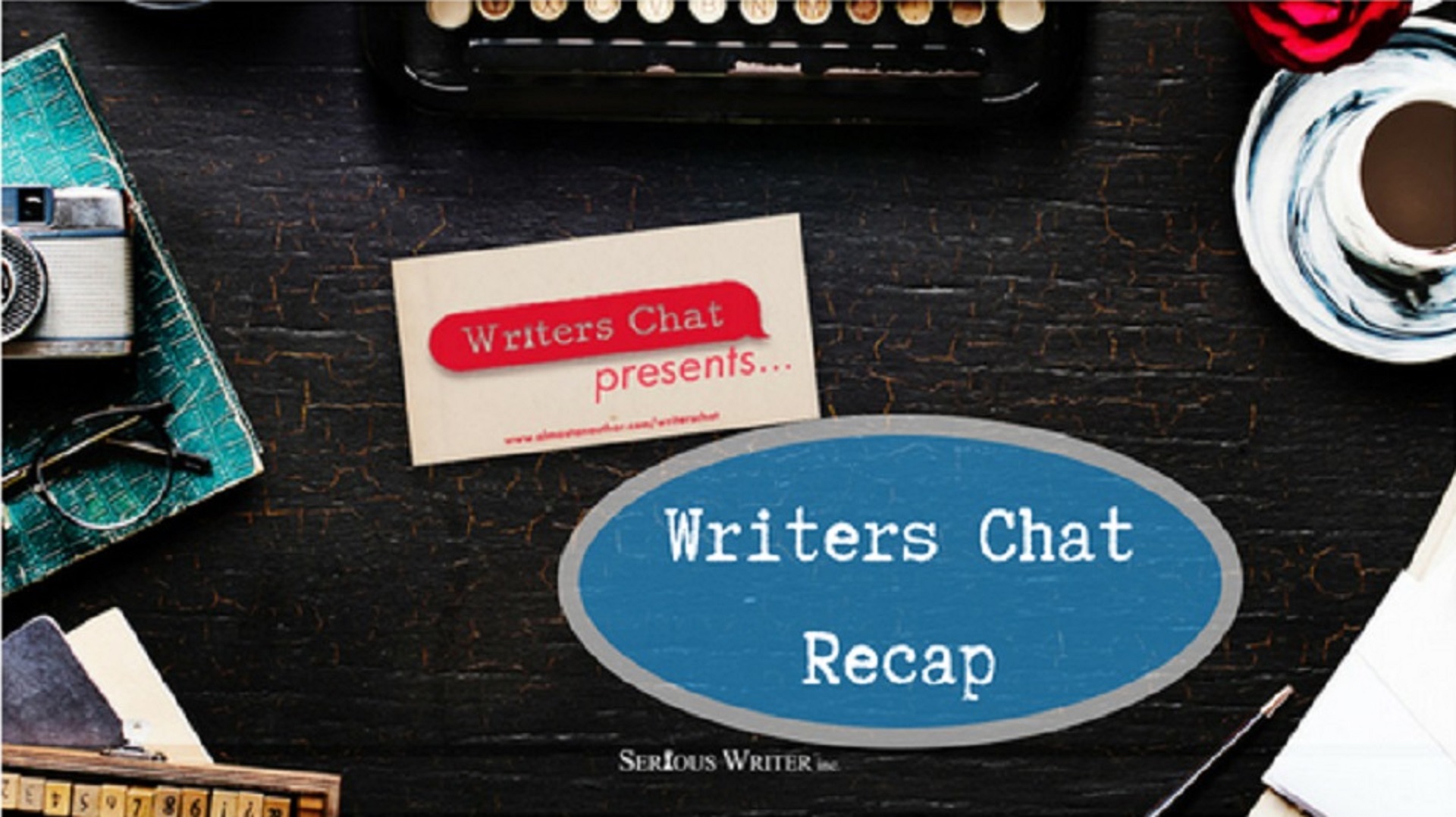
Writers Chat, hosted by Jean Wise, Johnnie Alexander, and Bethany Jett, is the show where we talk about all…
November 30, 2018
I hate to admit it, but writer’s block is just as prevalent in songwriting as it is in fiction…
November 28, 2018
Hiking can quickly change from breathtaking scenery to a breathtaking fall. We have to watch our steps in order…
November 27, 2018
Roseanna White writes amazing historical fiction with complex plots, unique characters–ie family of reformed grifters in this series–and well-crafted…
November 26, 2018
Do you have a posting strategy for the holidays? I read a post from a fellow author stating she…
November 24, 2018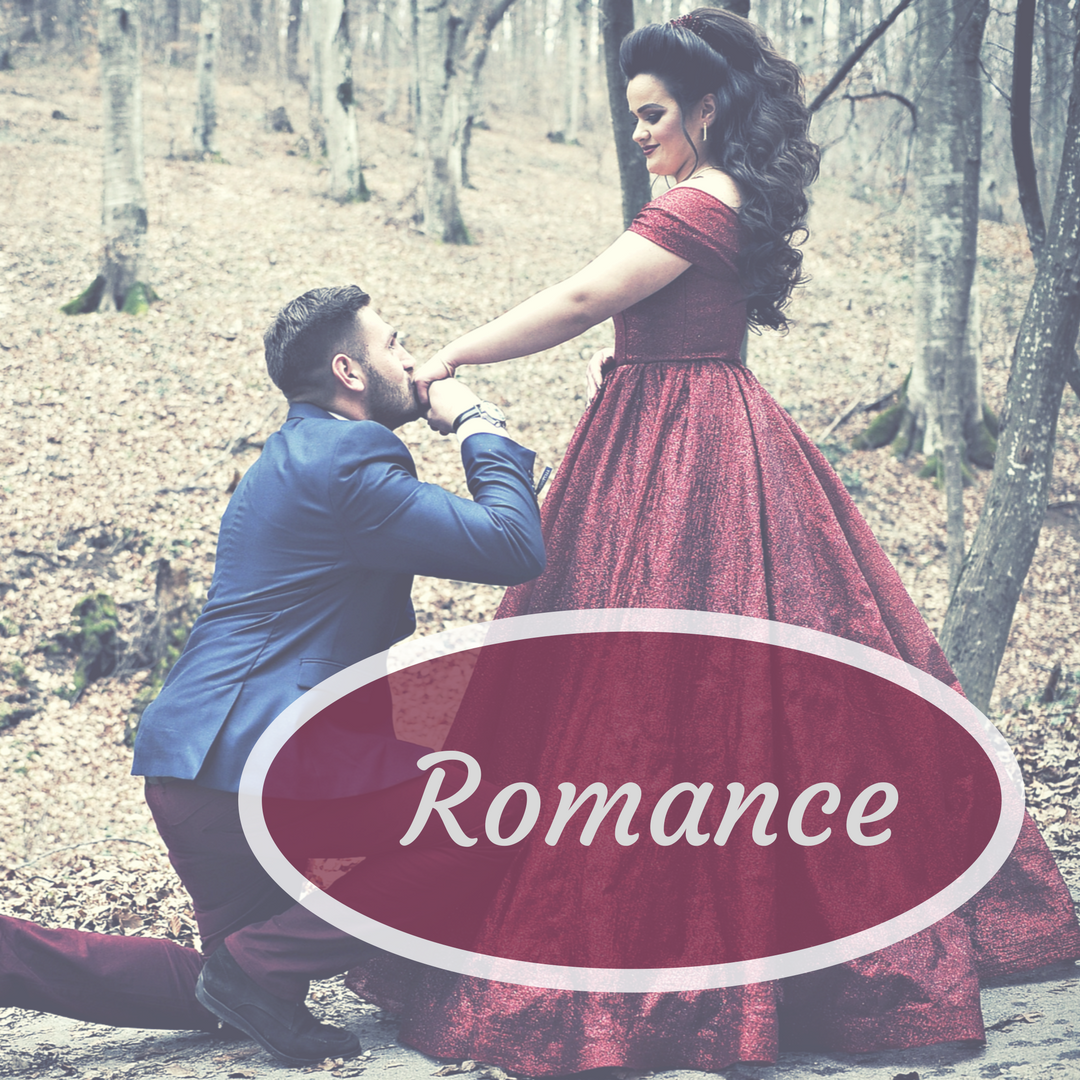
The first reaction I get when I tell another romance writer that I write sweet love stories is often…
November 23, 2018
When thinking about the dialogue in our story, whether fiction or nonfiction, we must consider perspective. With each story,…
November 22, 2018
Thanksgiving is tomorrow! Yay! It really is my favorite holiday. It’s all about gratitude, family, friends, food and for…
November 21, 2018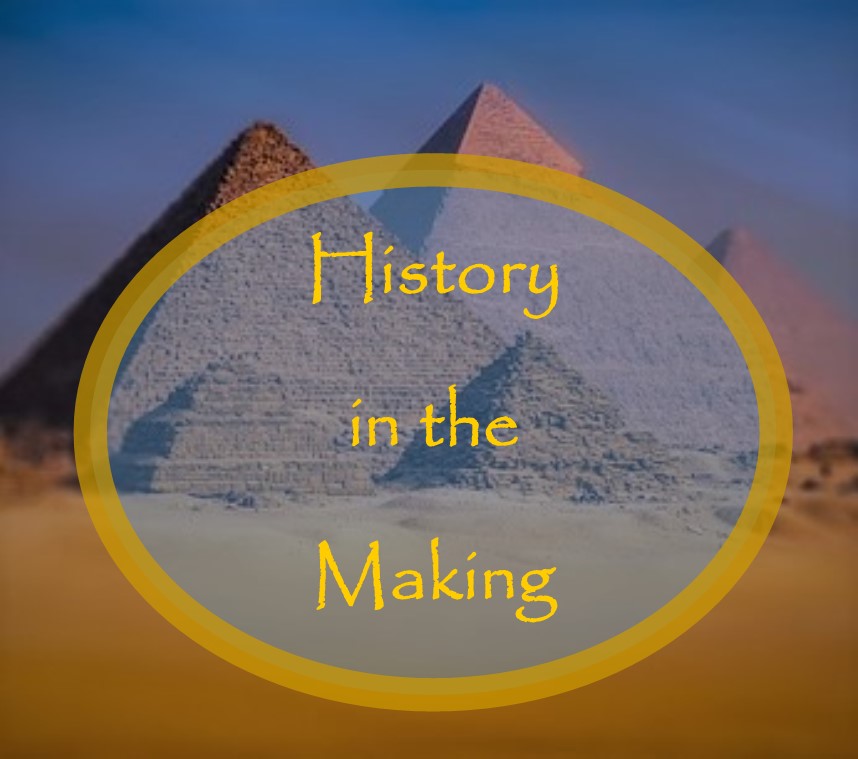
Board games − at some time in our lives, most of us have awakened on Christmas morning to find…
November 20, 2018
I’m so glad we have this time of year to remind us to count our blessings! All through the…
November 19, 2018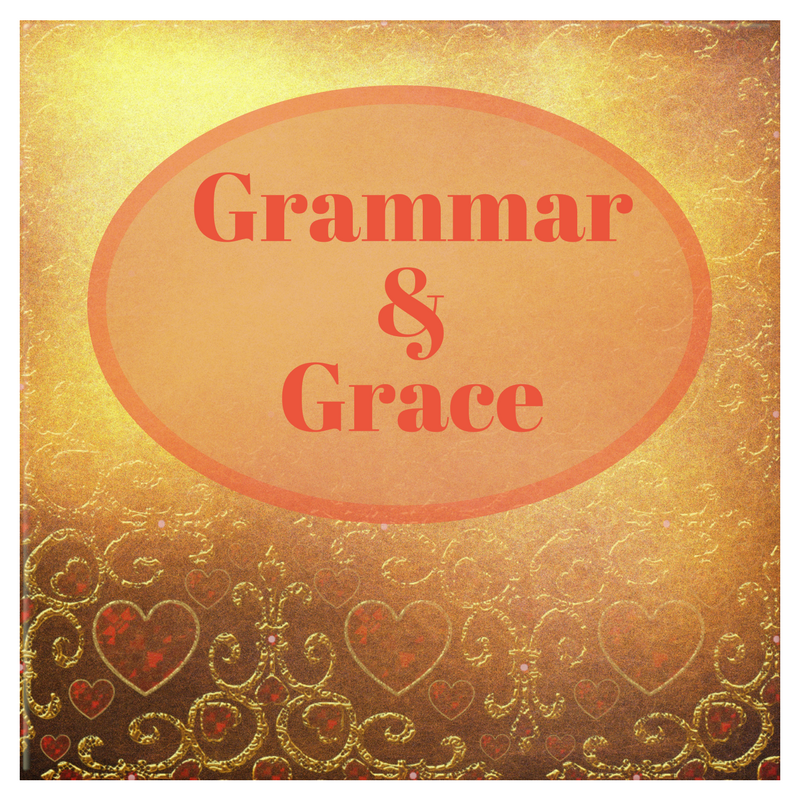
The holiday season is approaching, and it’s time for a post about the correct way to make proper names…
November 18, 2018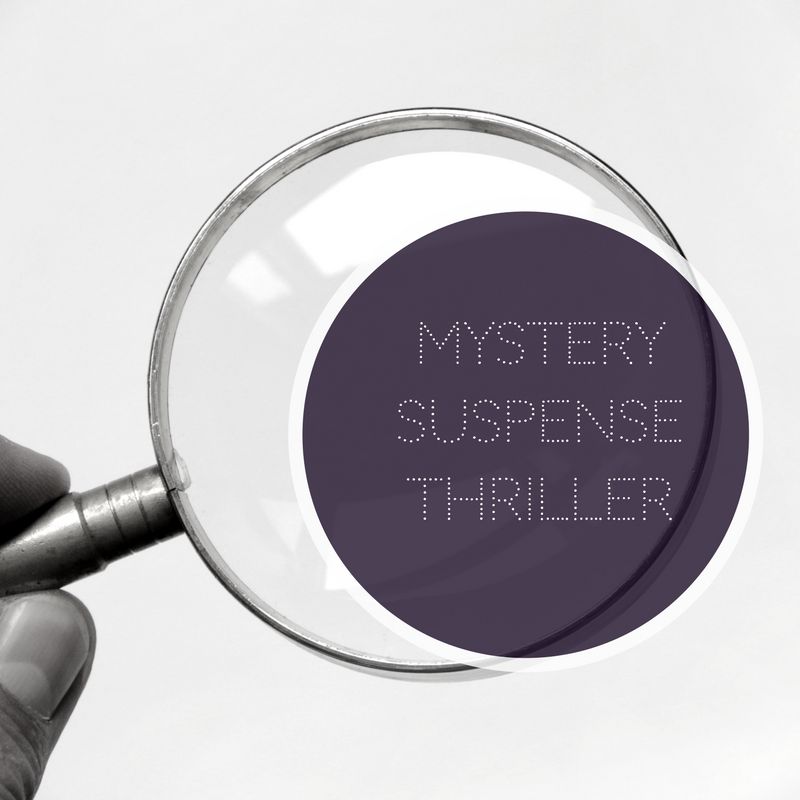
Authors begin a new story by creating and building their characters—the hero, heroine, and villain, but shouldn’t we also…
November 17, 2018
The life of a writer isn’t for the faint-hearted, is it? Words do not always order themselves on the…
November 16, 2018

